How to Wash Throw Pillows Without Removable Covers

By Hannah Twietmeyer
Decorative pieces are great for adding color, texture, and interest to a room, though sometimes at the cost of functionality. Throw pillows, specifically, are an easy go-to; they come in different shapes, sizes, materials, and hues, and you don’t need to have expensive taste for them to do their job. With a quick fluff and an intentional placement, throw pillows can spruce up otherwise plain sofas, sectionals, and bedspreads in a matter of seconds.
The catch? Throw pillows aren’t the easiest to clean. They’re often durable and made for show, but how you clean them depends on the material and structure of the pillow itself. While there are throw pillows out there that have removable covers that can be thrown in the washing machine like any other linen, many don't. Here are some details to keep in mind and some methods to try when it comes time to wash your throw pillows without removable covers.
Photo via Evi from LoveForDIY
Can Throw Pillows Go in a Washing Machine?
It depends on the pillow's fabric and insert. Your first inclination might be to toss your pillows in the washing machine. If it fits, this actually is a great idea, until you reach for the zipper of the removable cover, only to find that it doesn’t exist. To be clear, you actually can wash an entire pillow cushion in your washing machine if you do so with mild detergent on a delicate cycle, but it’s still best to separate the cover from the insert first if you can. Even then, you’ll want to make sure that the fabric you’re dealing with won’t be damaged during the wash cycle.
Types of Pillow Fabric
Throw pillows can come in virtually any fabric material out there. Here are a few popular ones and a little bit about how they’re cleaned.
- Acrylic. This fabric is generally used for outdoor furniture since it’s quite durable and fade-resistant. Removable acrylic covers can be machine washed with cold water and a mild detergent as long as the care instructions say so, but non-removable covers should be hand washed with a soft-bristled brush and gentle detergent (via Pascal Bruno).
- Cotton. Throw pillow covers made from cotton are popular and are relatively easy to wash. The fabric is durable, comfortable, and resistant to fading, but it can easily catch dust and dirt. Cotton covers can be machine washed with warm water on a gentle cycle, and be sure to use a mild detergent. Try to wash cotton throw pillows alone, too, since dye may bleed.
- Faux Fur. Trendy statement pillows are in like crazy, but most homeowners aren’t crazy about cleaning faux fur accents. Pillows and pillow covers made of faux fur almost always need to be dry cleaned, so do not toss these in your washer.
- Leather. Leather is probably the most durable of upholstery fabrics. It’s great for high-traffic areas and is easy to vacuum, but it’s best to use specific leather cleaners and a little bit of water to wash by hand.
- Linen. Linen is a beautiful and popular fabric for clothes, bedspreads, and pillow covers, but washing it can be tricky. It shrinks easily and can warp, according to Revolution Fabrics, so while you can wash linen in your washing machine, we still recommend that you get your linen products cleaned professionally.
- Polyester. Most polyester pillow covers are safe to throw in the washing machine. Wash using a delicate cycle, gentle detergent, and cold water.
- Satin. Pillows draped in satin give an essence of elegance and luxury. Even better—they’re machine washable, too. Satin pillow covers should be washed on a delicate cycle with cold water and mild detergent of your choice.
- Silk. The natural counterpart to satin, silk is another fabric you’ll want to take good care of. To wash, you can use the washing machine, but Insider recommends that you instead hand wash in cold water to prevent damage over time. If you’re pressed on time, you still can use a washer; just keep the machine on the gentlest, coolest setting and use a very mild laundry soap.
- Velvet. For velvet throw pillows, we suggest hand washing or even getting them professionally cleaned in most cases. The gentler the process, the better.
- Wool. Another durable fabric for upholstery, wool is resistant to stains and pilling wear and tear. To wash, it’s best to soak in a basin of cool water and wool-specific cleaner and clean by hand, versus tossing in the washer.
Types of Pillow Inserts
Determining whether or not you’re able to put your pillows without removable covers in the washing machine also depends on what kind of pillow inserts you’re dealing with. Below is a brief list of common pillow fillings and what cleaning processes to follow.
- Down/Feather. The majority of down pillows are actually washing machine-safe. Hooray! Just be sure to use cool water and a gentle cleansing agent.
- Polyester. Pillow inserts made from polyester are able to endure a gentle cycle with warm or cold water. Use minimal detergent—only about a tablespoon.
- Memory foam. Spin cycles can damage foam, so it’s best to hand wash memory foam pillows if you can.
Wash Two at a Time
Photo via Single Girl's DIY
How to Hand Wash Throw Pillows Without Removable Covers
Once you’ve determined the throw pillow fabric and filling type and have double-checked any care instructions, you may find that you aren’t able to toss your pillows in the washer. If that’s the case, here’s how you can clean your pillows without removable covers by hand.
Tools and Materials Needed:
- Vacuum
- Mild cleaning detergent
- Water
- White towel
- Sponge
Step 1: Check the Manufacturer’s Label
This is a simple step, so please don’t skip it. If you aren’t sure what fabric you’re dealing with or where to start, you’ll likely be able to draw some conclusions from the care instructions on the pillow’s label. If there are clear-cut instructions, check those out. If not, keep reading.
Step 2: Remove Surface Grime
Using a handle vacuum or a vacuum hose with an upholstery attachment, gently clean your throw pillows in vertical or horizontal strokes. This will help to pick up any hair, crumbs, and dirt that may be sitting on the surface of your fabric, and will make the washing process more effective in the next steps.
Step 3: Perform a Spot Test
This step is especially important if you’re unsure of the type of fabric you’re dealing with. Mix a very small amount of mild detergent with cool to warm water. Apply about a teaspoon of the cleaning solution directly onto the pillow fabric. Then, using a clean, dry, white towel, blot it a few times and check to see if any pillow color transferred onto the towel. Hold the towel on the spot for about 30 seconds, and check once again for any color transfer.
Let the area dry completely and examine for any color fading. If things look good, you can proceed with that cleaning solution and your fabric should hold up just fine.
Step 4: Hand Wash Your Throw Pillows
Soak a soft sponge in some water and a small amount of mild detergent. Wring out the sponge, and begin to apply the solution to your pillow fabric in gentle, circular motions. Work it into the fabric and around the entire surface of the pillow as best you can. Then use a clean towel to blot any excess soap or water from the pillows when you’re done (via Living Spaces).
How to Remove Stains and Spots from Throw Pillows
Wondering how to spot clean throw pillows without removable covers, or how to treat stubborn stains? It all starts with the right stain remover. You can use the same mild detergent you’ll be using to hand wash your pillows, but some fabrics, like wool, might require something specific. It's important to do your research to determine what works best on your pillow’s particular fabric.
Tools and Materials Needed:
- Stain or spot cleaner recommended for your pillow fabric
- Sponge or soft-bristled brush
- Mild detergent
- Towel
Step 1: Treat Spots and Stains
Use a stain remover spray or fabric-specific stain remover to pretreat your pillows before giving them a thorough wash. Simply apply a small amount of the cleaning solution to the stained area. Be sure to do a spot test with the stain remover first to make sure that it won’t damage the pillow fabric or cause any discoloration. Once you’ve confirmed that the stain remover is safe to use, gently rub it into the stained area with a sponge or soft-bristled brush.
Step 2: Spot Clean
Mix a teaspoon of mild detergent with some cool water. Using a clean towel, soak up some of the cleaning solution, wring it out, and blot the areas that you treated with the stain remover. Repeat the process as needed until the dirt or grime lifts.
Step 3: Hand Wash
Following the step-by-step instructions above, hand wash your throw pillows like usual, or if the fabric and insert permit, give them a quick spin in the washing machine.
Can I Put My Throw Pillows in the Dryer?
We suggest you stay away from the dryer. Instead, leave your pillows in a well-ventilated area to dry almost completely, like outside on a sunny day. Once they’re dry, fluff the pillows by hand before returning them to the couch or bed.
Have a tried and true method for washing throw pillows? Let us know your tips and tricks in the comments below!
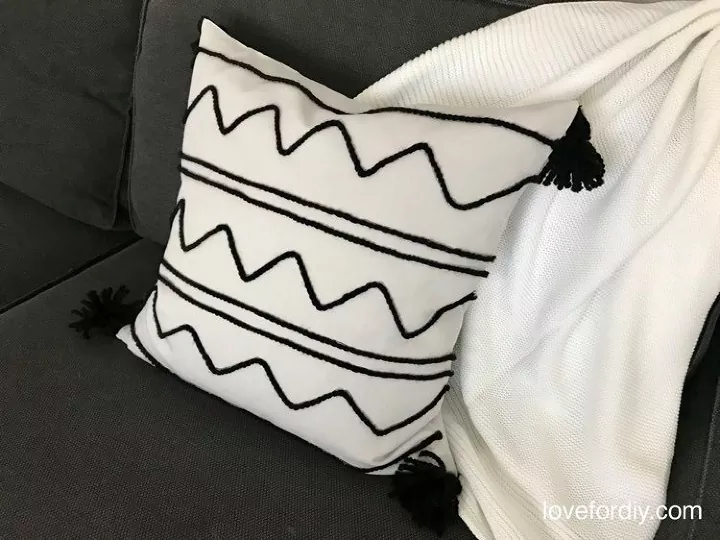

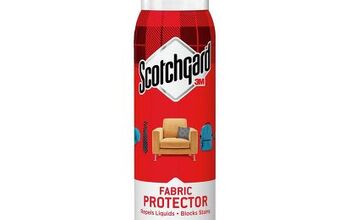
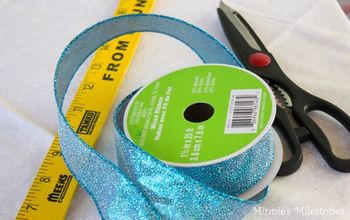

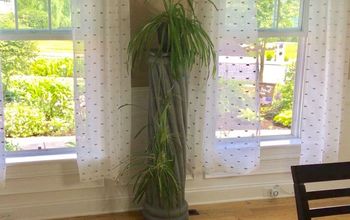
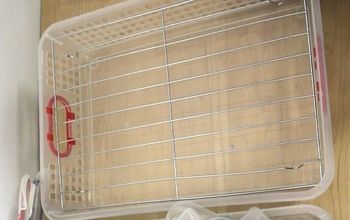

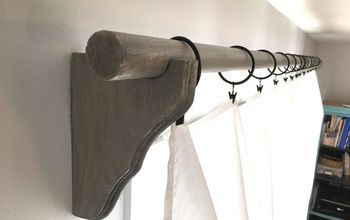
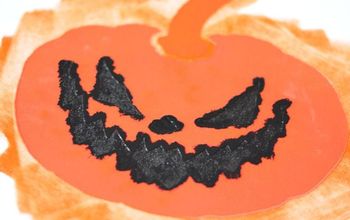
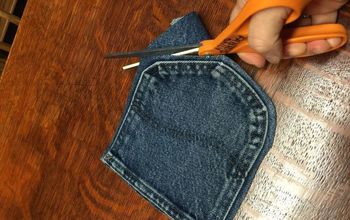
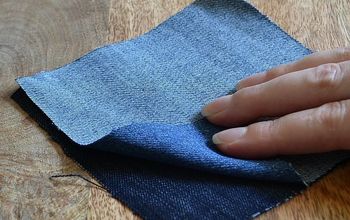
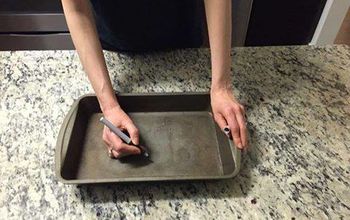

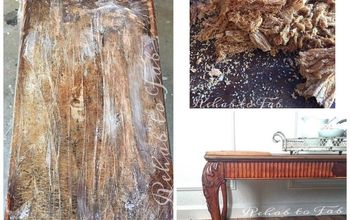
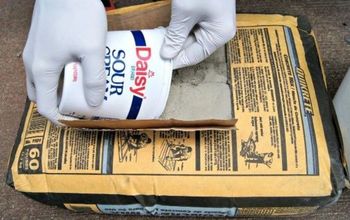
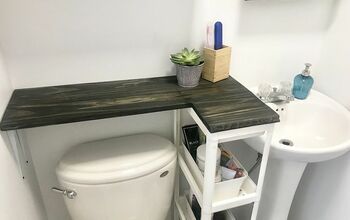
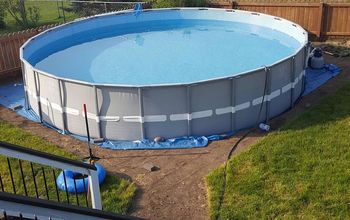

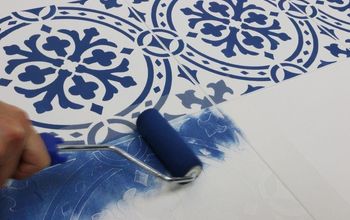
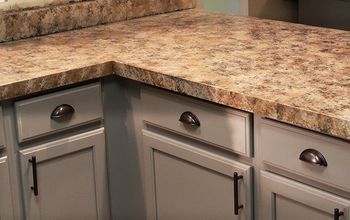
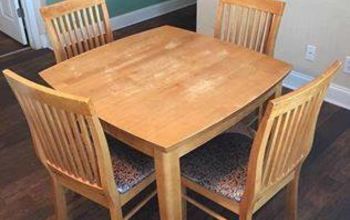
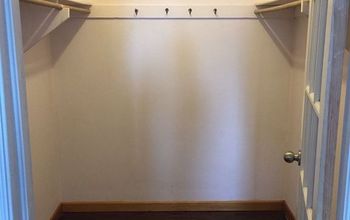
Frequently asked questions
Have a question about this project?